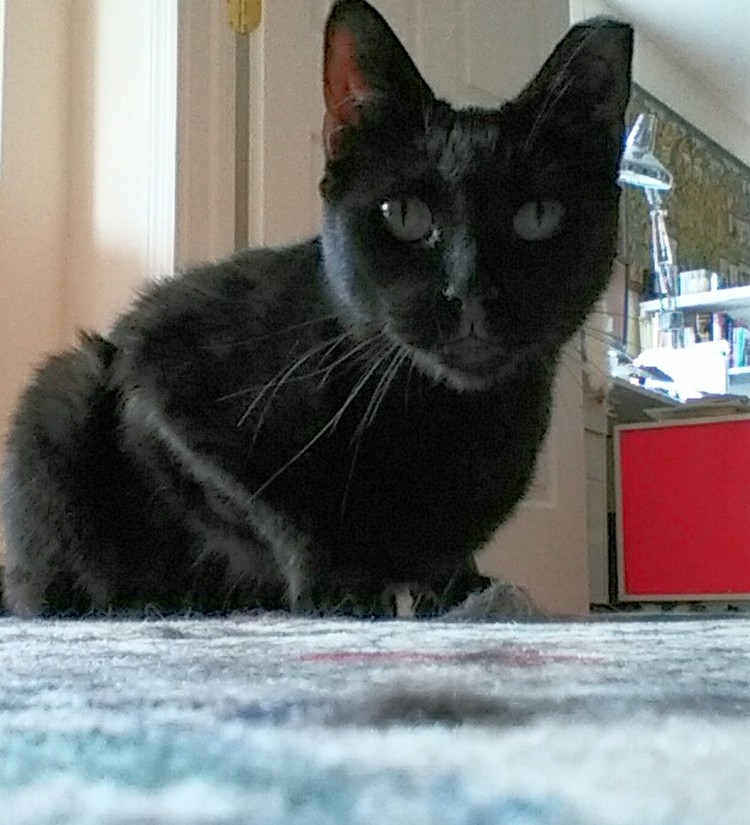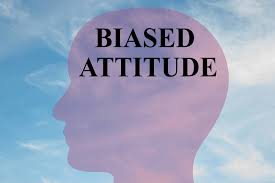Many years ago an anthropologist I interviewed suggested that older Americans probably experience something called “skin hunger”—the need to be touched more often. Once their children are grown and gone, and especially if they live alone, they crave physical contact with others.
“They’re touched perhaps less than anyone,” he told me. “In fact, it sometimes seems as if people are afraid old age might be contagious.”
I didn’t pay much attention to his comment at the time. I had young children who were always climbing into my lap, leaning against me or picking up my hand to play with my fingers. I took touch for granted.
Now when I see my grandchildren snuggling up to their parents or watch couples walking hand in hand, I can’t help feeling I’d like some of that too. I guess that’s skin hunger.
According to many studies, physical contact is good for your health, especially hugging, which can help you cope with stress. Researchers report that your blood pressure and heart rate won’t rise as much in stressful situations if you’ve recently had a hug—and it can bolster your immune system as well.
These good things happen because hugs trigger the release of oxytocin—sometimes called the love hormone—and oxytocin, in turn, causes a drop in cortisol, the stress hormone.
Initially, this suggested some interesting possibilities to me. The next time I have to have something painful done to my teeth, maybe my dentist would agree to meet me at his office door and give me a big hug. Or what if the IRS agent about to audit my tax return began with a warm embrace?
But a hug from an acquaintance or a stranger isn’t the same thing as an encouraging arm slung around your shoulders by a family member or friend. It doesn’t necessarily tell you what a hug from your husband does: that someone cares about you. Context is all.
And part of the context is your upbringing. Scientists have compared cultures, and they rate the United States as a low-touch nation: we make physical contact with others less often than Italians or the French, for example. That’s especially true of those of us who have Anglo Saxon roots, like me. I had my share of cuddling as a young child but as I grew older, my family expressed affection more often with words than with hugs. It doesn’t come naturally to me to reach out to other people.
I have a friend who’s warm and outgoing. She often rests a hand momentarily on the shoulder or arm of a friend or acquaintance, and people reciprocate. The teenagers who wait on tables in our favorite restaurant frequently come over to give her a hug when management isn’t looking. I could try to imitate what she does, but it wouldn’t be the same coming from me, because I’d feel awkward doing it.
I guess I’ll have to get my oxytocin elsewhere. And I’ve found a solution. I recently adopted a small black cat. Her name is Velvet. She spent almost a year in a shelter, and she demands a lot of stroking. As I run my hand over her soft fur, I realize I’m probably relieving her skin hunger as well as my own.

Flora Davis has written scores of magazine articles and is the author of five nonfiction books, including the award-winning Moving the Mountain: The Women’s Movement in America Since 1960 (1991, 1999). She currently lives in a retirement community and continues to work as a writer.



